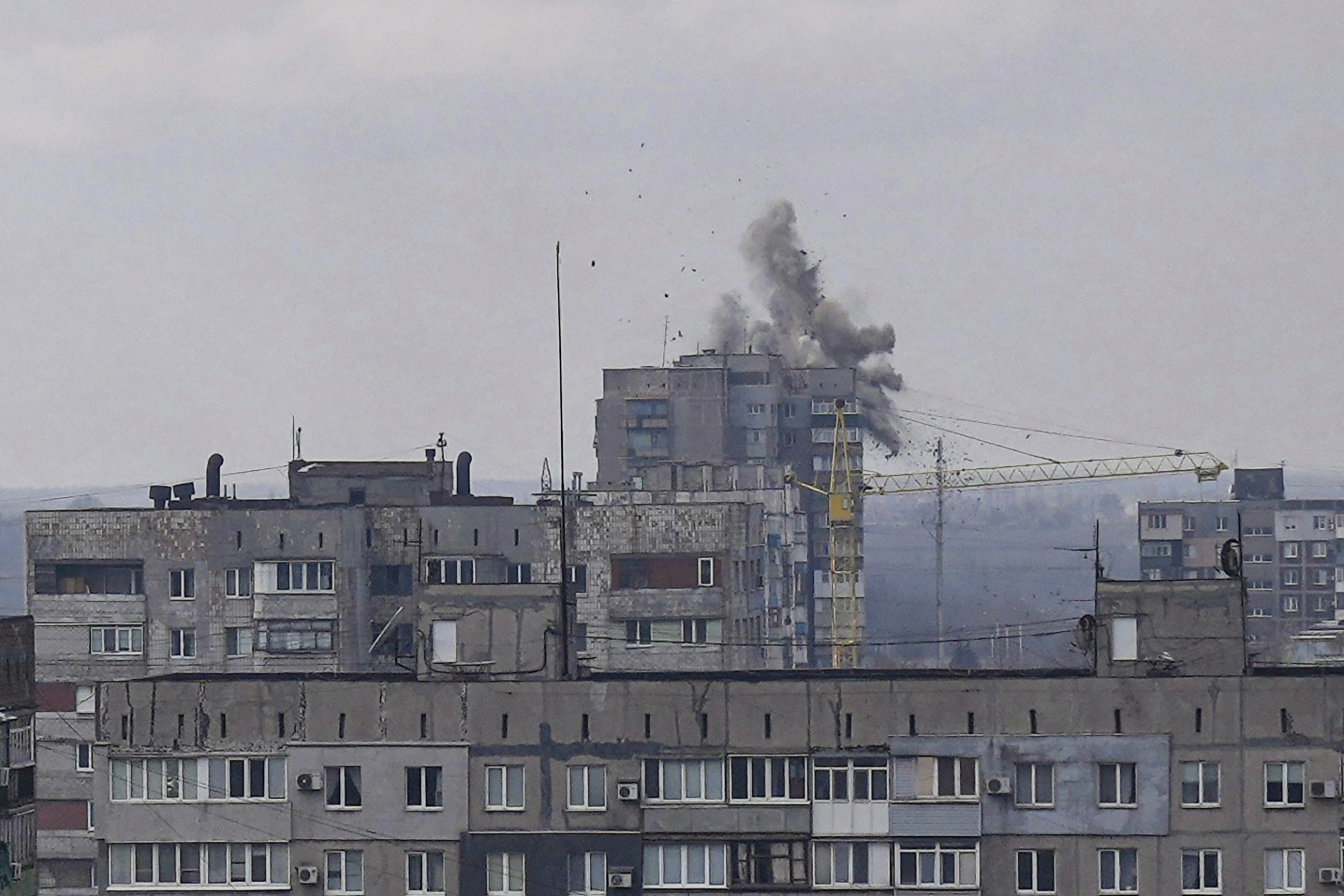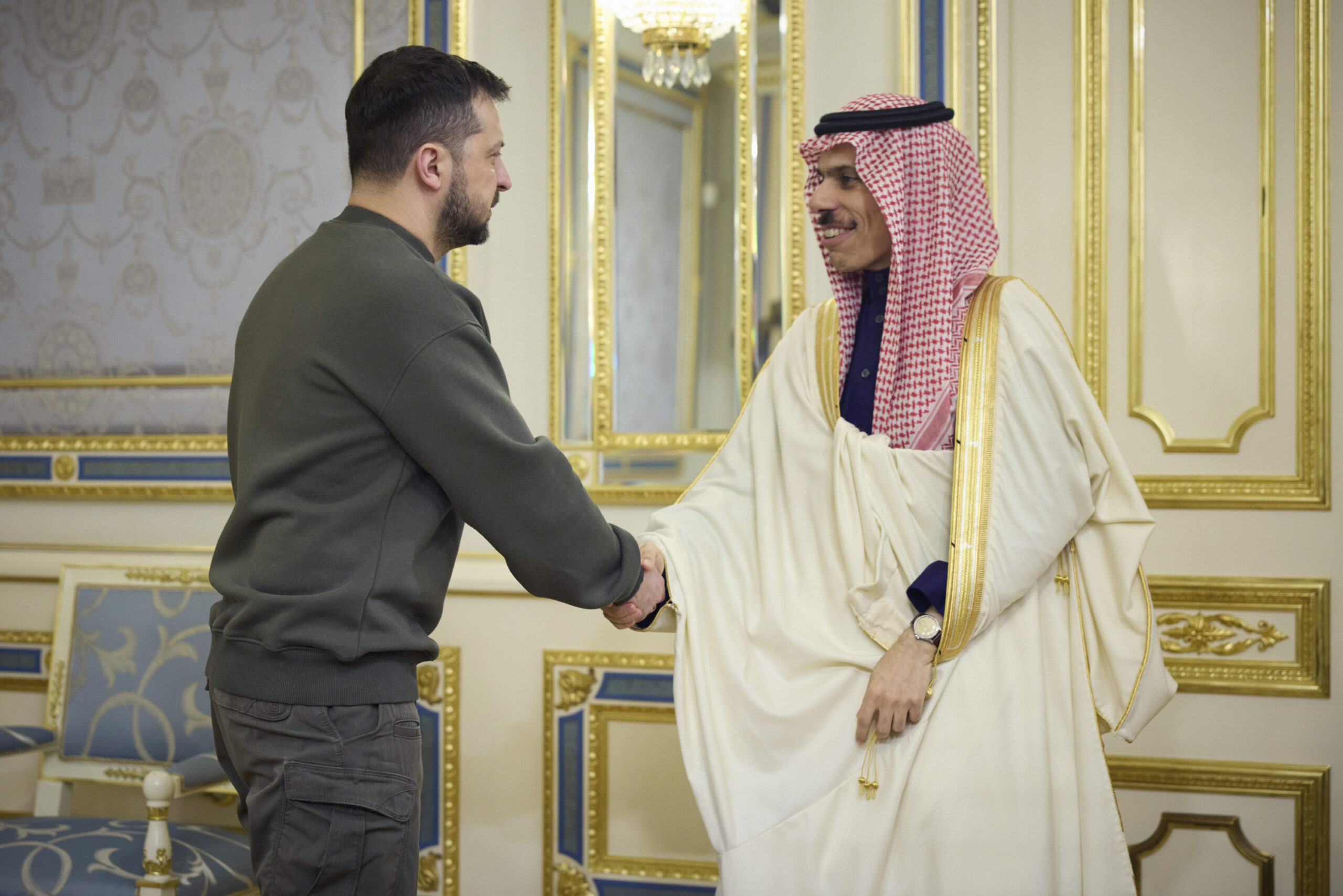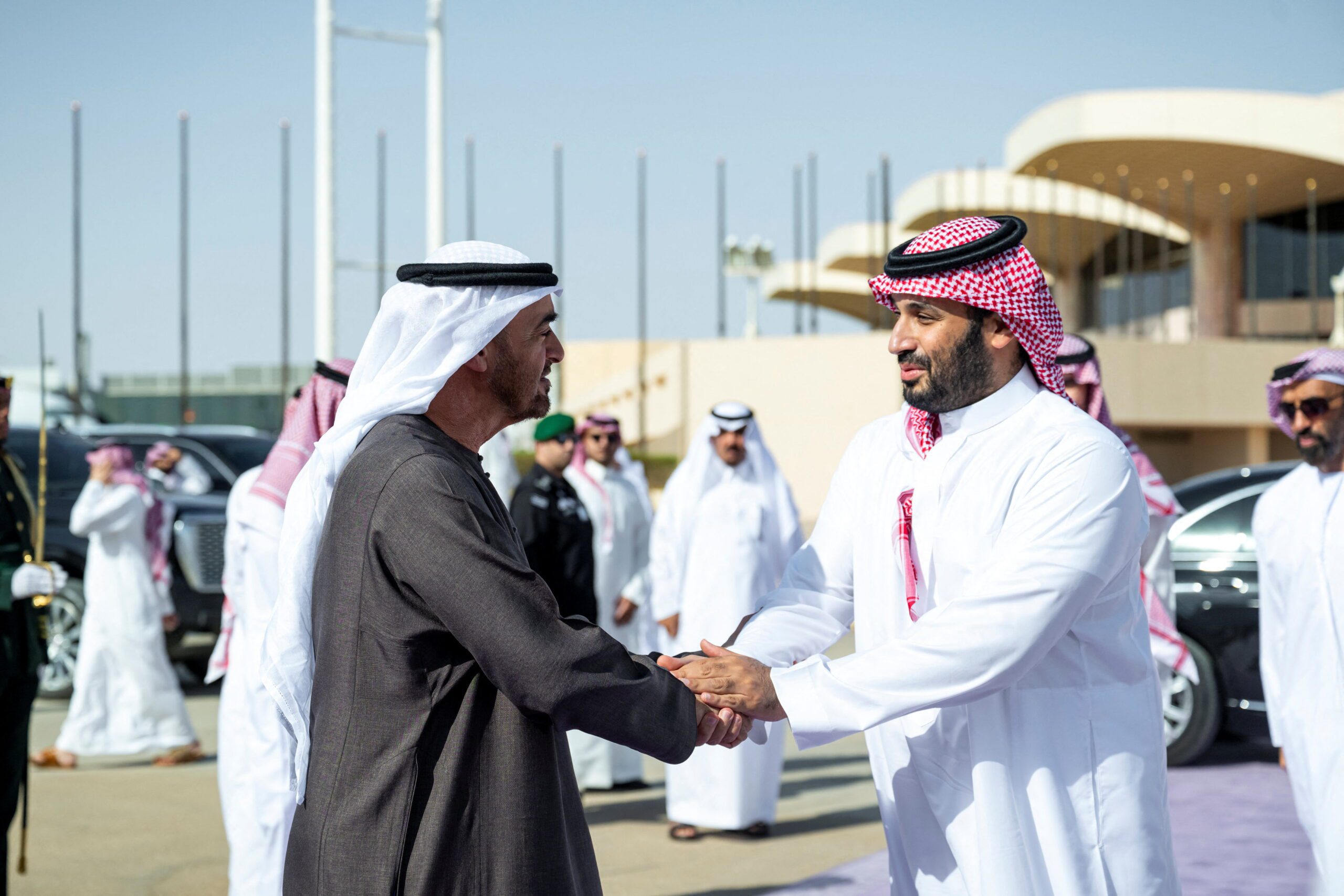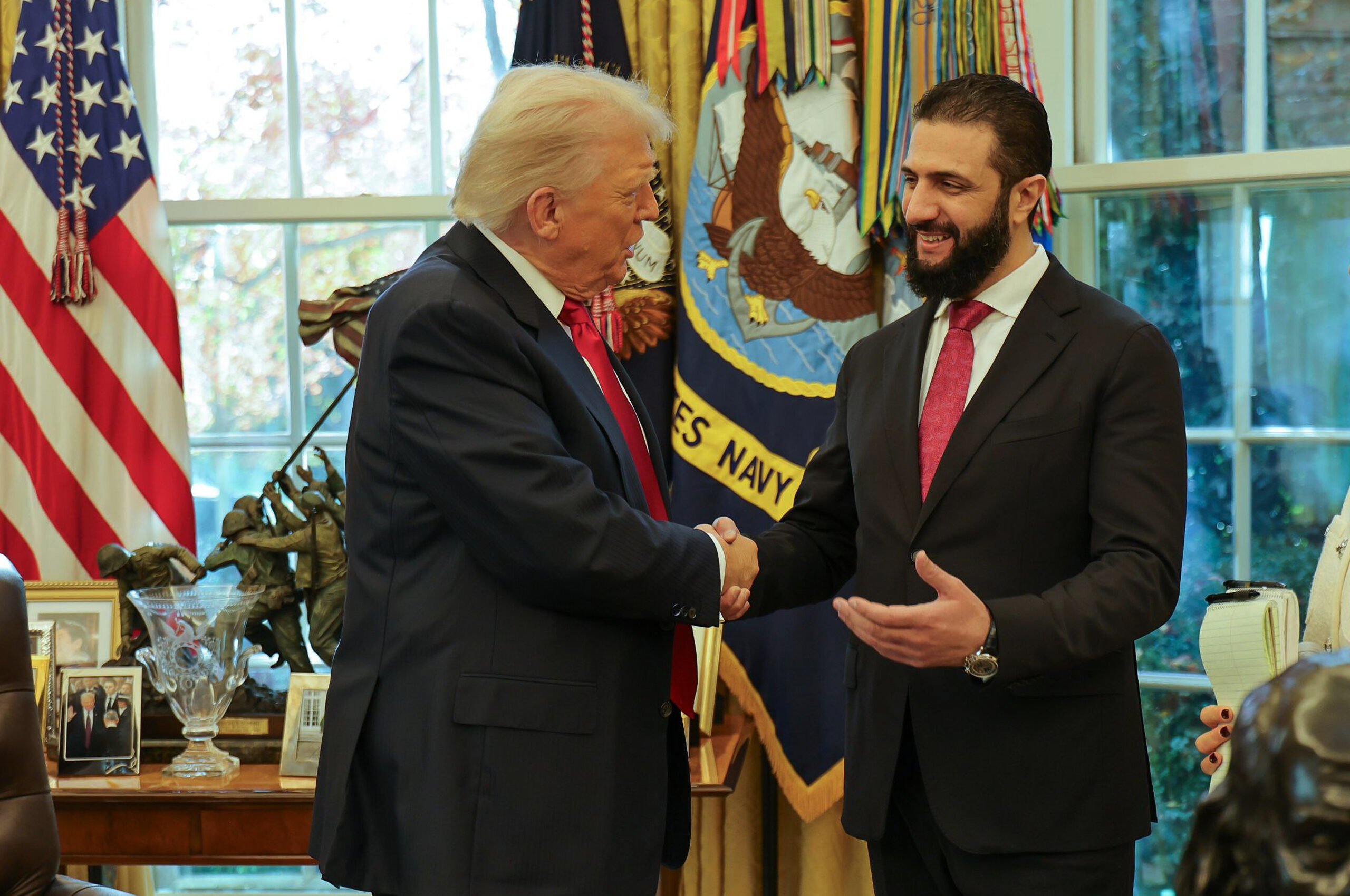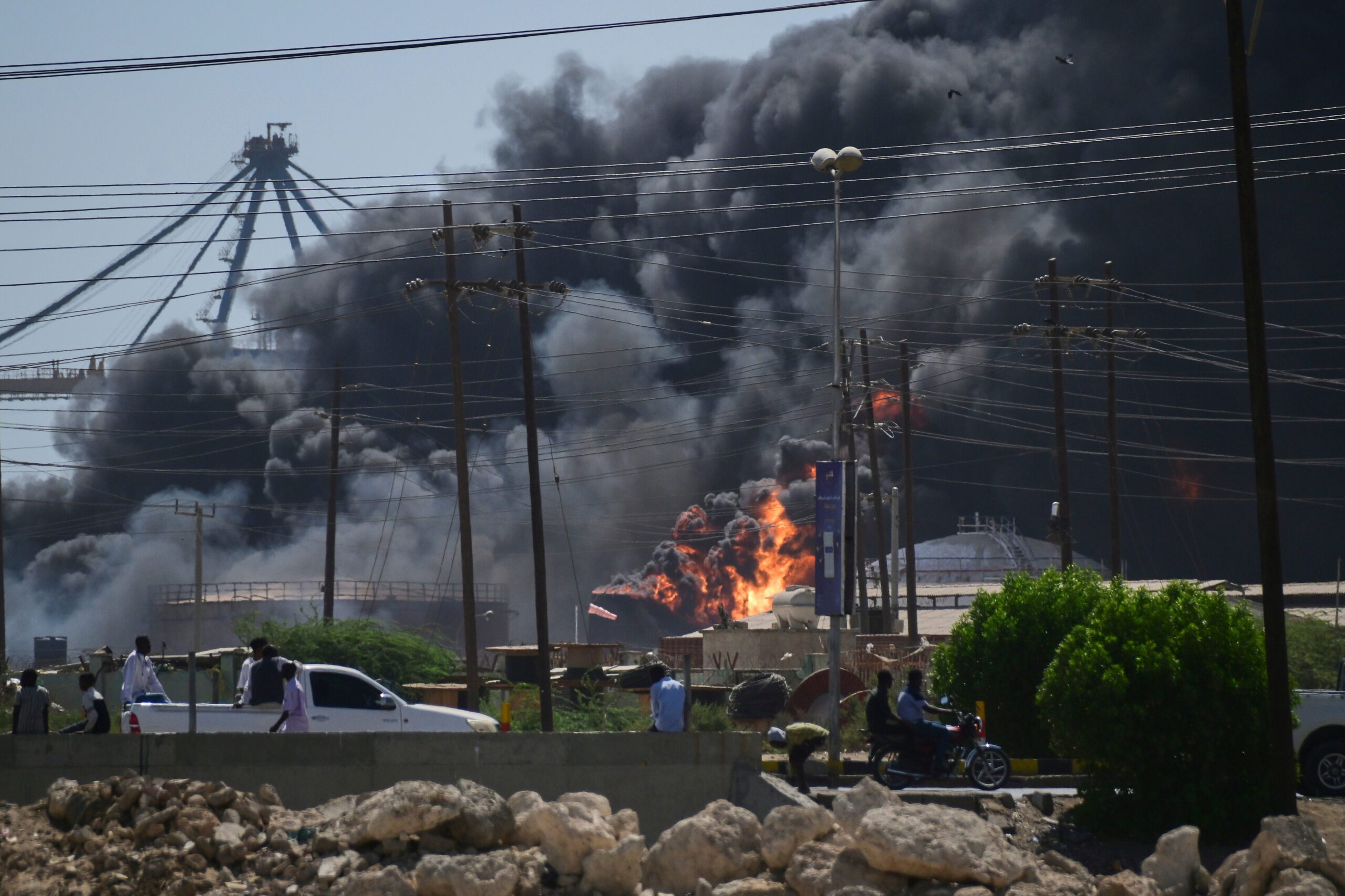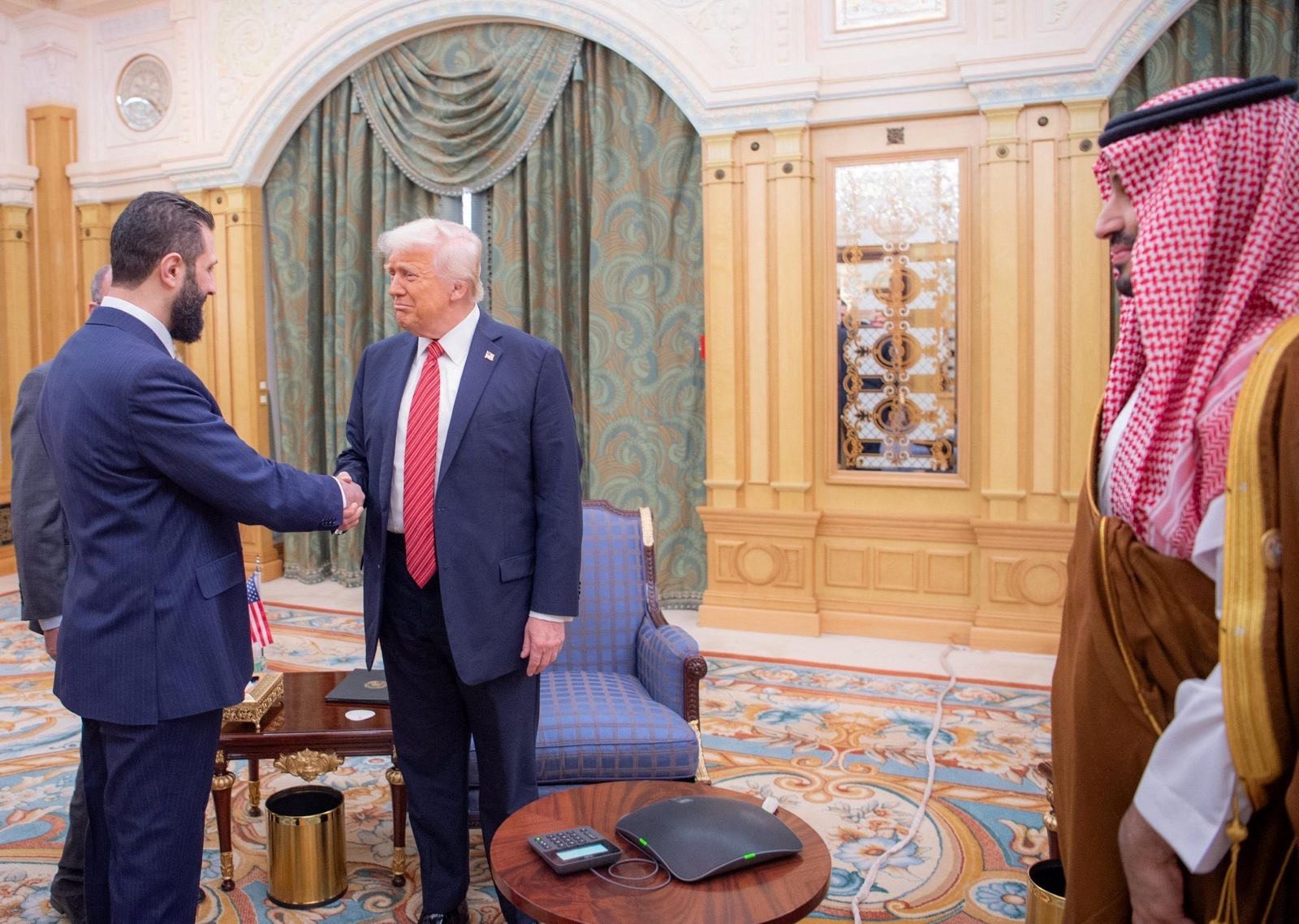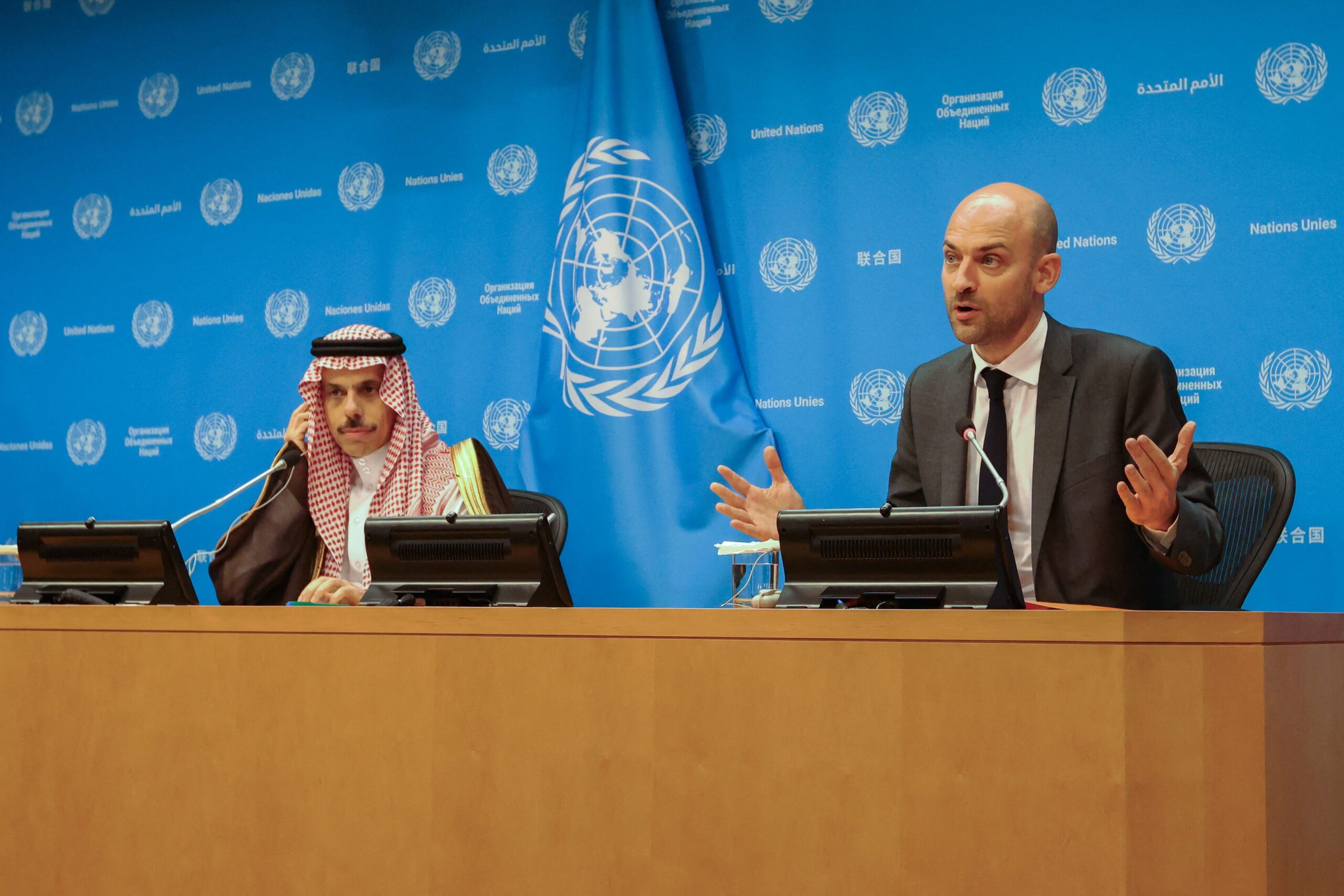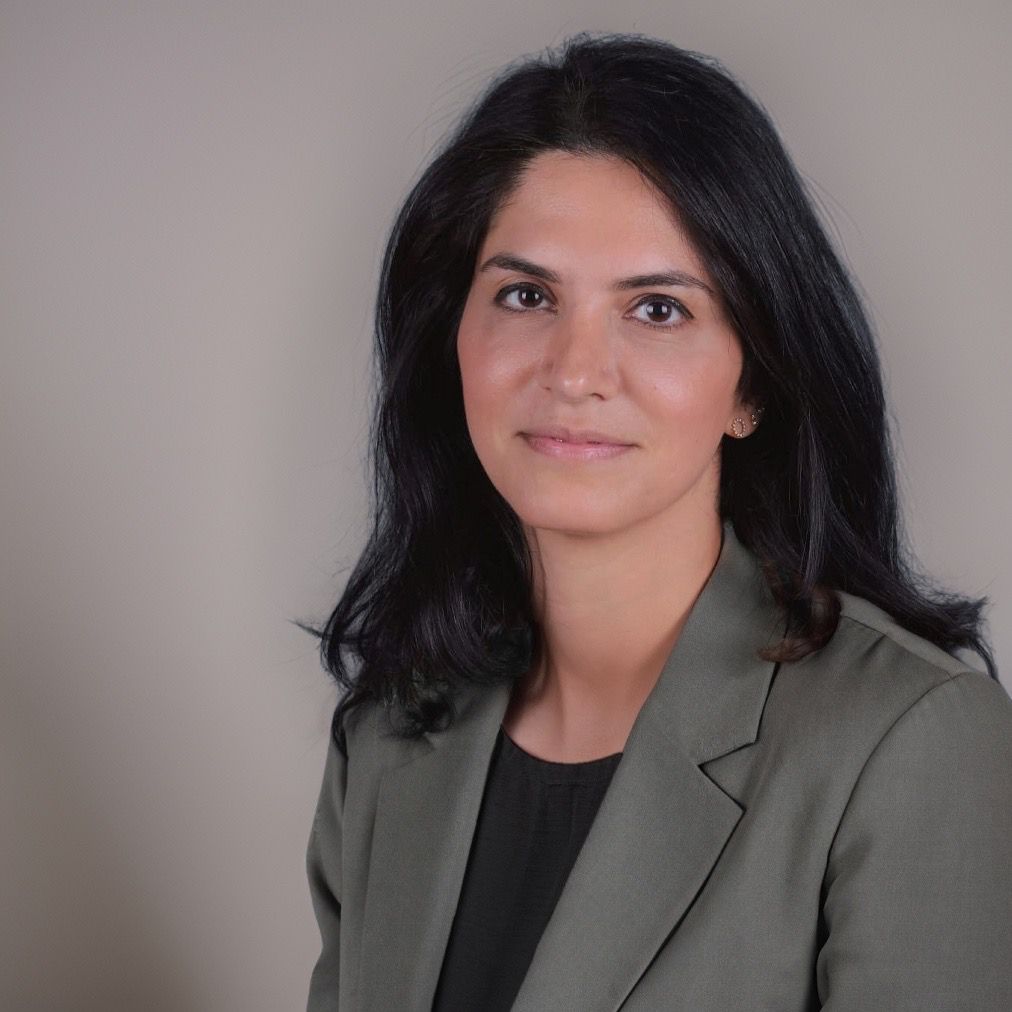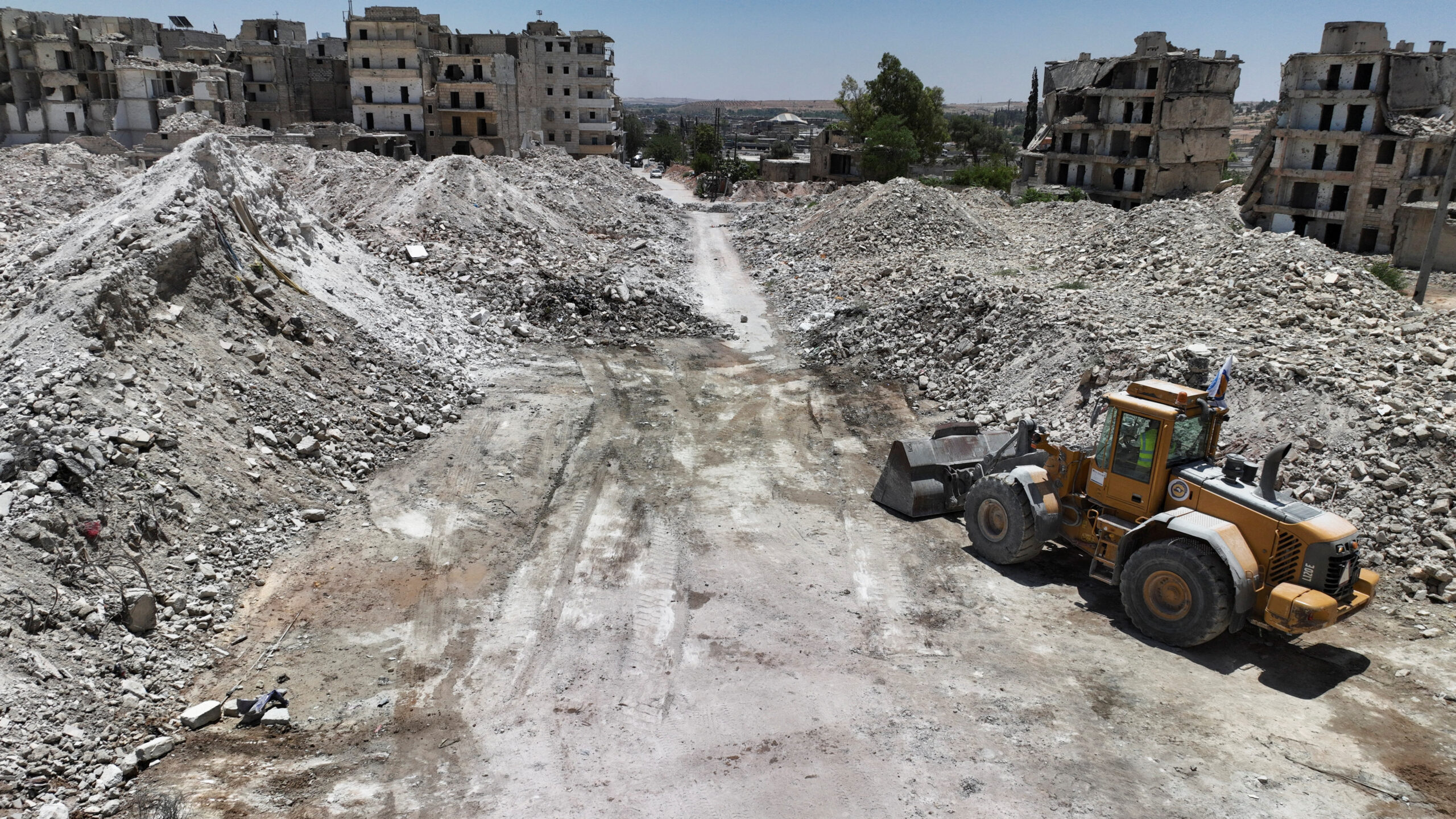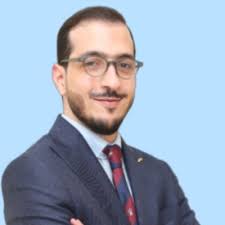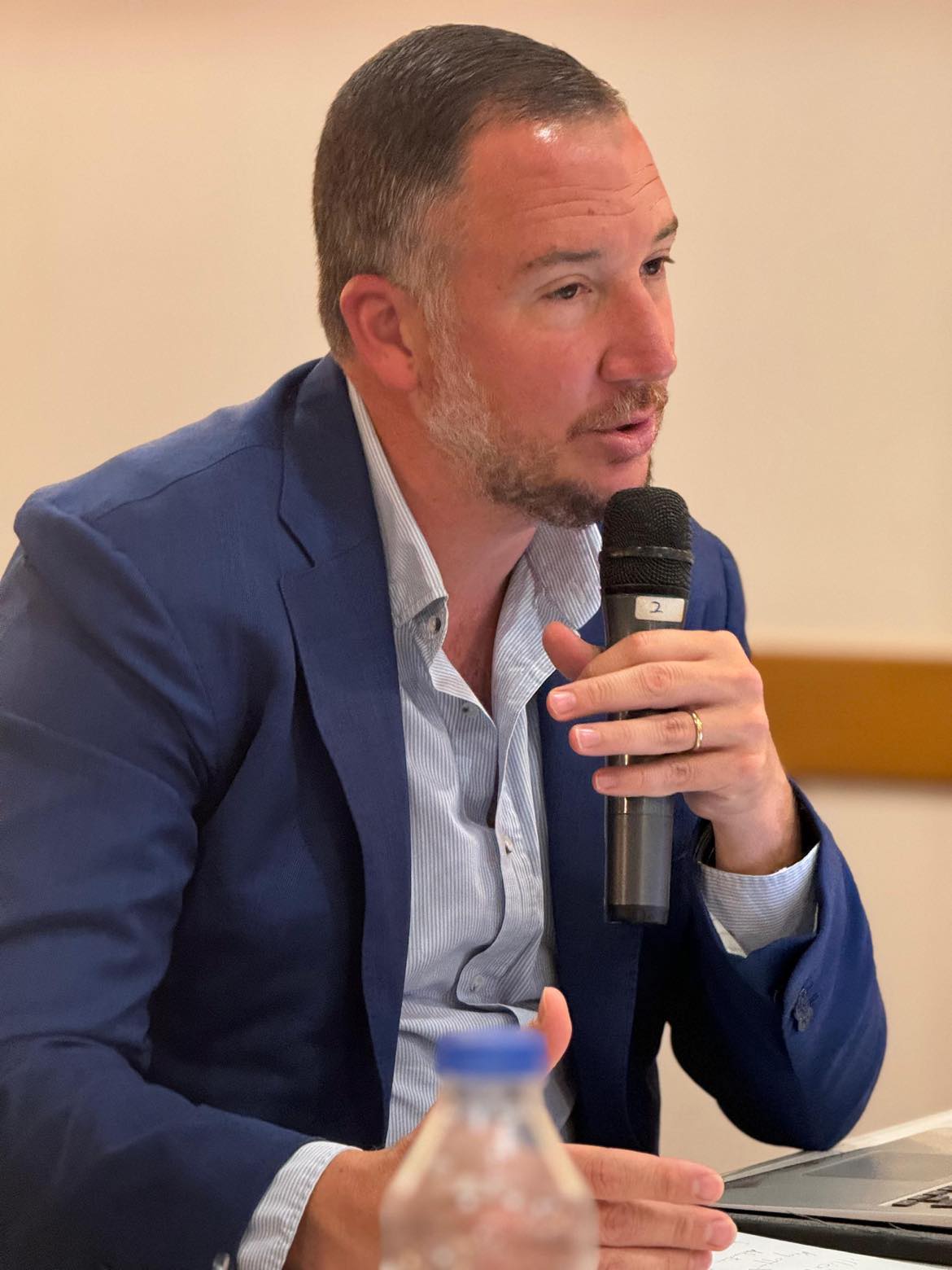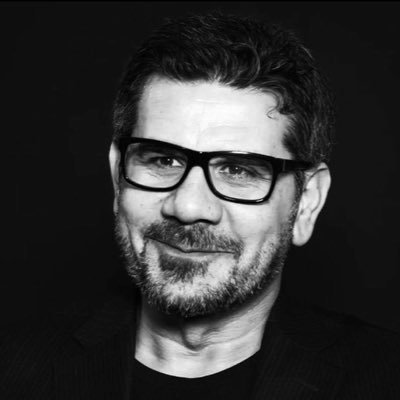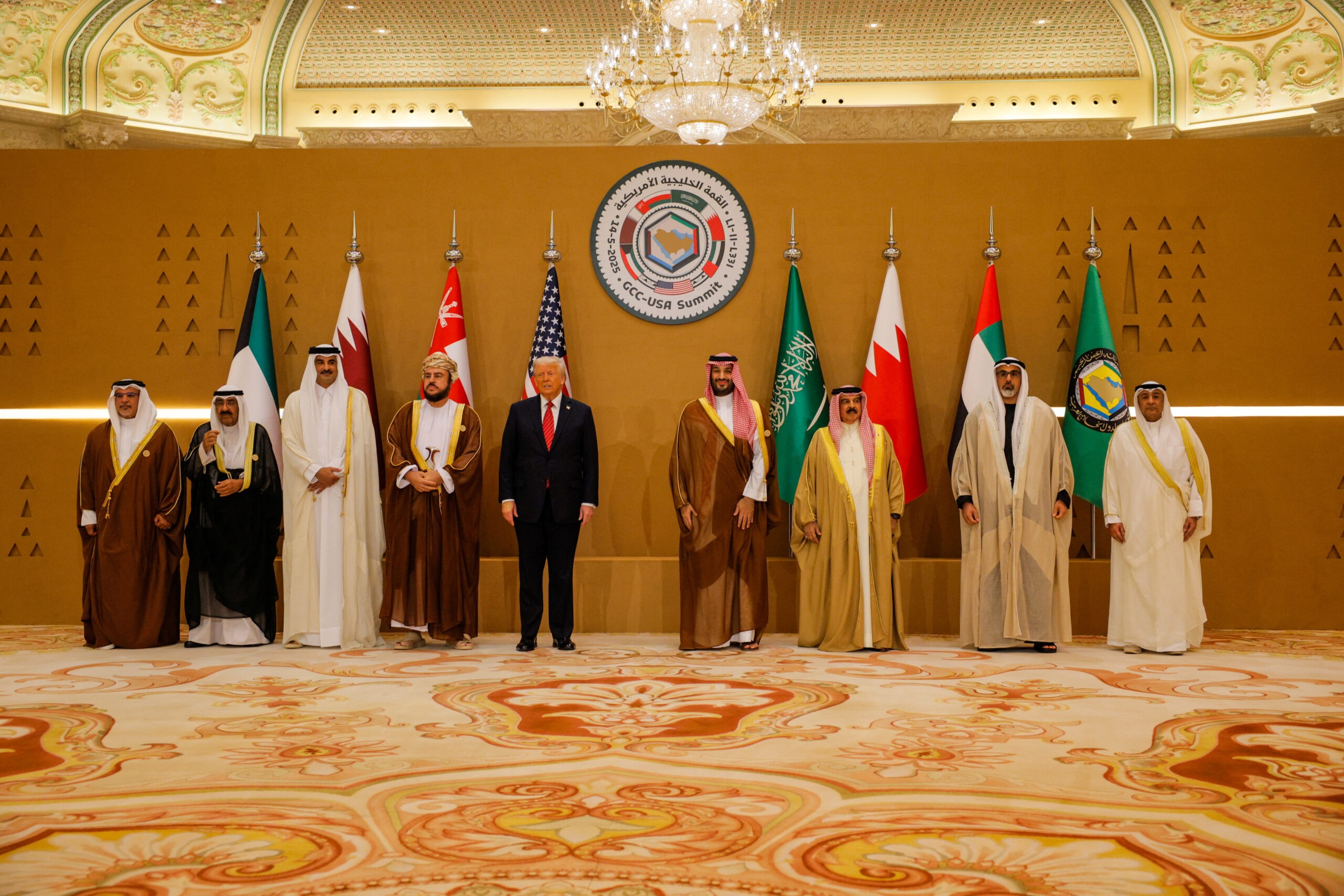Saudi-Hosted Ukraine Event Ends Without Breakthrough but Still Irritates Absent Russia
Riyadh’s prominent role underscores its growing confidence on the world stage and its careful, pragmatic balancing of alliances and relations with key partners.
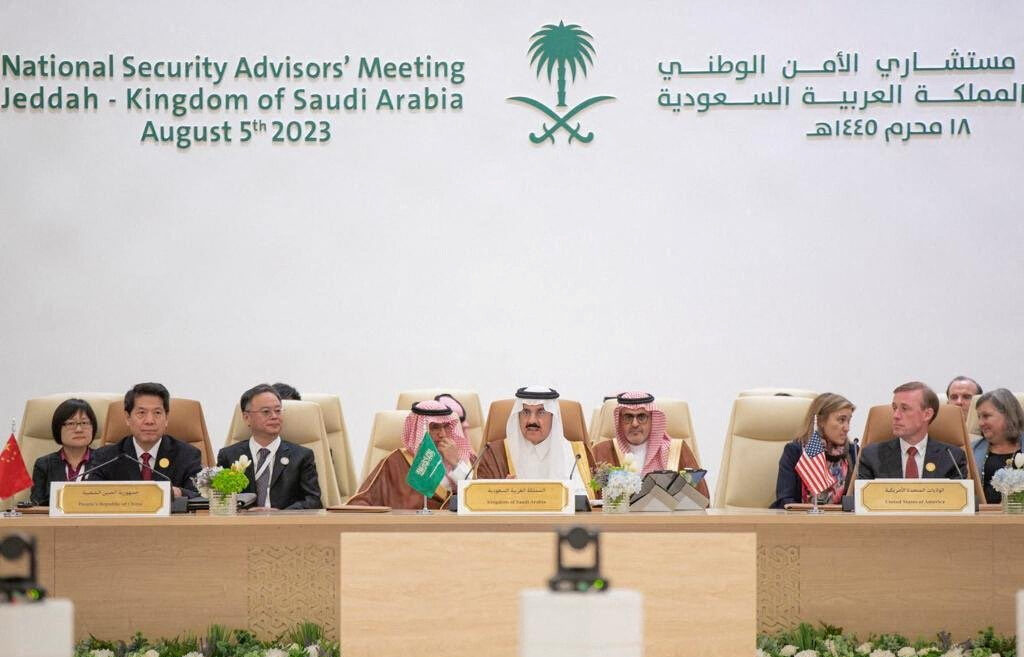
Saudi Arabia concluded a weekend summit on Ukraine in Jeddah August 6 with, as expected, no significant diplomatic breakthroughs. More than 40 countries attended, including, notably, China, as well as India, South Africa, and Brazil – fellow members of the influential BRICS grouping. Russia, also a BRICS member, was not invited. The United States sent a senior delegation, led by National Security Advisor Jake Sullivan. Ukraine, which issued the summit invitations jointly with Saudi Arabia, reportedly focused on getting strong representation from countries of the Global South, or developing countries, many of which have maintained a position of neutrality in the conflict. The meeting in Jeddah follows Ukraine-organized talks in Copenhagen in June, which China did not attend.
In the run-up to the Jeddah meeting, Ukraine said the summit would focus on Kyiv’s 10-point formula for a settlement, originally proposed by President Volodymyr Zelensky in December 2022. Those principles include respect for territorial integrity and the withdrawal of Russian troops from Ukrainian territories they have annexed or occupied. The principles also include guarantees on food and energy security as well as nuclear safety.
The event concluded without a final statement. News accounts, citing sources familiar with the deliberations, reported there was agreement to set up working groups to flesh out details of key (if less contested) themes in Zelensky’s 10-point plan, including food security and nuclear safety. The Ukrainians view the Jeddah meeting as a key step in an upcoming monthslong process to isolate and weaken Russia diplomatically. Next up are the rounds of diplomatic meetings at the annual session of the United Nations General Assembly in September, to be followed by a summit Ukraine is planning later in the fall. This is not the first time Saudi Arabia has stepped into the limelight of the Russia-Ukraine conflict; with regional partner Turkey, it brokered a prisoner swap in 2022.
China and Russia Respond to the Summit
In its statements and actions after the summit, China tried to walk a fine line. Beijing expressed measured support for the Jeddah talks, in helping “consolidate international consensus” on finding a peaceful solution to the conflict. But China’s foreign minister spoke by phone with his Russian counterpart just afterward, in a show of consultation and continuing unity of approach with its key ally. Nonetheless, Western diplomats noted that China was an active participant at the summit and expressed support for the follow-up summit later in the fall. Skeptical China analysts dismissed any notion that China’s attendance signaled a shift in its position on the Ukraine issue, noting China was more likely just using its attendance at the summit and relatively supportive statements to increase its influence among Global South states.
Despite its phone call with the Chinese, Russia issued a series of statements that expressed varying degrees of irritation with the summit. Russian Deputy Foreign Minister Sergei Ryabkov dismissed the meeting as part of the West’s “doomed efforts” to persuade Global South states to support Ukraine’s position.
Saudi Arabia Showcases Its Careful Balancing of Relations With Key Partners
Saudi Arabia released a relatively modest official statement, noting participants had agreed on the importance of continuing consultations “to pave the way for peace,” which belied the prominent role it assumed as host of the event. Saudi Crown Prince Mohammed bin Salman seemingly used the event to help project himself as a confident world leader with influence far beyond Saudi Arabia and as a mediator who has built productive, independent relations with countries that span the usual divisions and groupings that could limit efforts at management and resolution of the Ukraine conflict. The meeting also put on display Saudi Arabia’s ability as a convening authority, capable of bringing together world leaders, even on an issue that has starkly divided the international community. In addition, Saudi Arabia hosting the summit highlighted a Saudi foreign policy that has embraced pragmatism, calculation, and careful balancing of alliances and relations with key partners. Some analysts saw in Riyadh’s care to ensure that countries that are not global powers, such as India, Brazil, and South Africa, were in lockstep with it an indication that Saudi Arabia embraced its role as a middle power that wants to work in unison with others. Saudi analyst Ali Shihabi viewed the talks through the prism of Saudi Arabia successfully pursuing a “multipolar strategy.”
Former U.S. Ambassador to Egypt and Israel Daniel Kurtzer mentioned in an interview that it was also useful to view the summit, emblematic of Saudi Arabia’s recent activist foreign policy, as an extension of the aggressively pursued domestic agenda the country has implemented as part of Vision 2030 and the series of reforms “to loosen up” social restrictions in the past several years. Kurtzer and others have noted the artful statecraft involved in Saudi Arabia putting itself in a position to co-host such an event while maintaining good relations with Russia.
The U.S. government’s prominent delegation, with Sullivan, Under Secretary of State for Political Affairs Victoria Nuland, and National Security Council Coordinator for the Middle East and North Africa Brett McGurk, in tandem with U.S. government statements supportive of Saudi Arabia’s leadership role on the summit are powerful indicators of the effort the administration of President Joseph R. Biden Jr. is putting into an evolved relationship with Mohammed bin Salman and a newly assertive Saudi Arabia. The closer relationship first became evident in the run-up to Biden’s July 2022 visit to Saudi Arabia, and it has gained momentum, with a few fits and starts, since then. While some commentary discerned in the summit Mohammed bin Salman and Saudi Arabia’s ambitions for a bigger role “on the world stage” outside the “old framework of its relationship with the U.S.,” the optics (with Sullivan seated prominently next to his Saudi hosts) and indications of Saudi-U.S. pre-summit coordination point in the direction of a still-close, if sometimes deliberately understated, bilateral relationship.
Summit Reveals an Evolving, Improving Relationship With the United States
Responding to the Saudi-hosted summit and the supportive U.S. response, C. David Welch, a former U.S. ambassador to Egypt and assistant secretary for Near East affairs as well as a member of AGSIW’s board of directors, observed that the U.S. administration “has learned its lesson and pivoted to a more pragmatic, balanced approach” in its relations with Saudi Arabia, one that in his view recognized that Mohammed bin Salman would likely be leading an influential, activist Saudi Arabia for decades to come. He termed it “smart” that the United States has accepted with a degree of equanimity China’s diplomatic initiative in the Gulf in recent months, alluding not only to its summit attendance but to China’s mediation in helping Saudi Arabia and Iran restore diplomatic relations. Like some other analysts, he speculated that Saudi-Russian relations have cooled and were sorting themselves into mere “patchwork cooperation on oil prices.”
Both Kurtzer and Welch also viewed the summit in the context of the possibility of the normalization of relations between Saudi Arabia and Israel. While there was no direct connection, the summit showed Mohammed bin Salman creating situations for influence and leverage. Kurtzer also detected in Saudi Arabia agreeing to host the event a further example of the perennial competition among Gulf countries on different fronts.
The Ukraine summit is perhaps more than the sum of its parts. While only a mildly successful diplomatic effort – part of the broader, intense struggle between Russia and Ukraine and their allies – the event casts light on confident Saudi statecraft and diplomacy. It is also a reminder of the immense influence Saudi Arabia’s oil wealth and leadership of the Arab and Islamic worlds ensures it. And it is a snapshot that captures a moment in an evolving, improving, complicated relationship with the United States.
The views represented herein are the author's or speaker's own and do not necessarily reflect the views of AGSI, its staff, or its board of directors.

